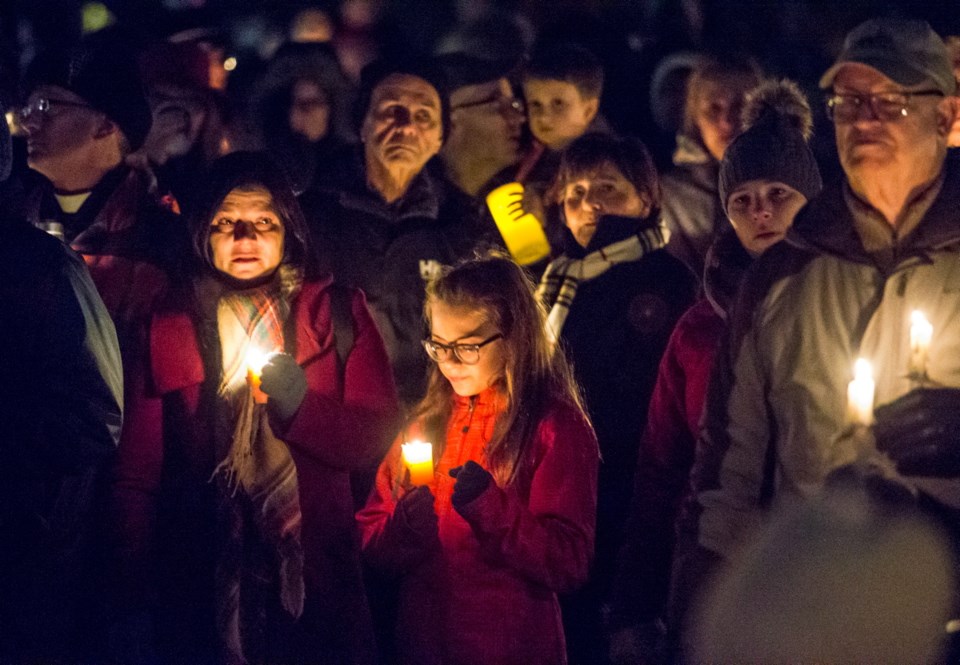There is something about crime stories that draws us in. There have been countless books, podcasts, movies and television shows in the crime genre. This fall, Law & Order SVU will become the longest running prime-time drama as it enters its 20th season. This will unseat the previous record-holder, Law & Order.
I think it’s important for people to understand and acknowledge that a fictitious crime story is significantly different from a true-crime story. We can be interested and follow true-crime stories, but they are not something that should ever bring entertainment. True crime stories have real victims and have destroyed real lives.
When we gravitate to stories that are being covered in our community, we need to know that the impacts are local.
When I was a reporter, I covered a few court cases, including a Supreme Court second-degree-murder trial. The case was tragic for all parties involved, and in the courtroom I sat next to family members and could see firsthand how tragic incidents ripple through families and our community.
Nearly every day, I find myself reading the article written on the second-degree murder trial of Andrew Berry. This is a high-profile case filled with unspeakable tragedy that, as a parent, I find hard to comprehend. Every article in the Times Colonist has a disclaimer printed at the top, letting potential readers know there will be disturbing details about the case.
With every article I read, I think of six-year-old Chloe Berry and four-year-old Aubrey, who lost their lives in the most tragic way on Dec. 25, 2017. I sit and think of their mother and their family. I can’t fathom how they cope and how they continue to put one foot in front of the other every day. With a public trial, it must just make it even more difficult.
I don’t know the family, but they are in my thoughts every time I am reminded of what happened. We as a community need to learn more about how we can work together to ensure these tragedies don’t happen. How can we better support the children in our community and protect them from the horror that those two girls endured? How can we save other mothers from grieving after senseless acts of violence?
As it is an active trial, the details are still emerging, and different perspectives of the events are unravelling in court. From the information that has been released, I think we, as a society, have to work harder to address mental-health issues and have options in place for child protection.
Every child deserves to be safe. Violence is never the answer, and violence against children is heartbreaking on an entirely different level.
Through the articles written on the testimony of first responders, including police, firefighters and paramedics, I am reminded of how these tragedies cause a ripple effect through our communities, and the sacrifices our first responders make to do their jobs and serve our region. I am grateful that we have people in our society whom we can count on to work professionally in these situations.
When I read about Chloe and Aubrey, I read the stories as a parent and feel overwhelmed and outraged at what happened. I realize not all evidence and testimonies have been shared yet. No matter what is presented in court, the most important part of the story is a mother has lost her children in a way that should never have happened.
It’s the high-profile cases filled with tragedy that draw us to read about the unimaginable. As a journalist, I believe in informing the community about what has happened. As a community member, I hope we can take this information and use it to make changes.
Charla Huber is the director of communications and Indigenous relations for M’akola Group of Societies.



